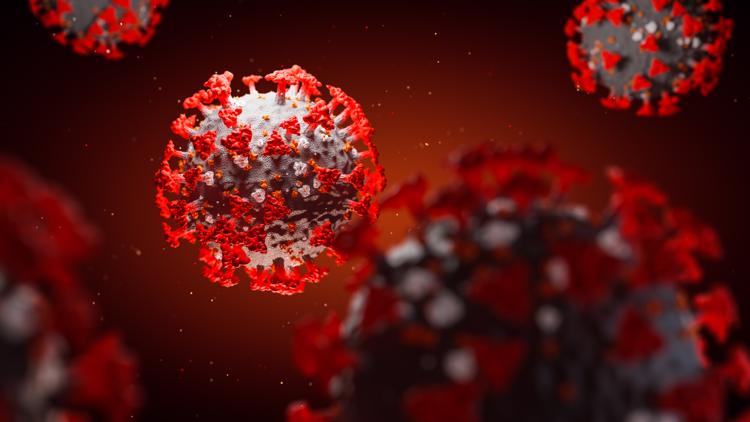AUGUSTA, Maine — As daily cases and outbreaks continue to surge in the state, the Maine CDC announced changes to its approach to contact tracing and case investigations so they can focus their resources on higher-risk individuals affected by COVID-19.
During Monday's coronavirus briefing, Maine CDC Director Dr. Nirav Shah said the U.S. CDC recently released guidance for states to focus case investigations and contact tracing resources on individuals who are at an elevated risk of being affected by COVID-19.
The U.S. CDC put forth four principles:
- Maximize effectiveness based on time
- Protect household contacts
- Prevent and respond to outbreaks
- Protect people who are at increased risk of severe illness
Shah says these principles recognize the challenge that states like Maine are facing with greater numbers of cases and outbreaks. Since Friday's briefing, the Maine CDC opened 15 new outbreak investigations, and before that, reported 20 new outbreaks during the update on Friday.
Additionally, the average number of daily positive cases reported to the Maine CDC has increased by 60 percent in the past few weeks. Shah said with the number of cases and outbreaks in Maine expanding, Maine CDC resources have been plagued with significant challenges.
In light of the U.S. CDC's new guidance, the Maine CDC is preparing to make two changes.
For case investigations, in general, the Maine CDC has endeavored to touch base with individuals as soon as they receive word of their positive lab result and to, up until recently, periodically touch base with individuals who have tested positive until they have met the criteria for "recovery."
Shah says unfortunately, the Maine CDC has had to make a difficult decision.
Going forward, in light of the increasing rate of new cases, Maine CDC will continue to contact individuals after they have tested positive and provide the guidance they need to stay safe and they have the tools they need to isolate, as well as investigate who they may have been exposed to and others who they may have exposed.
However, that will be the one point of contact the Maine CDC has with individuals. The Maine CDC will no longer continue to touch base with positive individuals throughout the course of their illness.
Shah says making this change will allow investigators to focus on individuals who are, for example, in the midst of an outbreak.
In terms of contact tracing, the Maine CDC will soon change the way they name individuals who are "close contacts."
Previously, Maine CDC enrolled individuals as close contacts as their names were given to them by the confirmed case. But Shah says the Maine CDC shouldn't necessarily be enrolling people based on when their name was given, but rather, they should be enrolling people based on when their last contact with someone with COVID-19 was. That way, they should be enrolling people who have the most number of days left on their 14-day quarantine period so the Maine CDC can work with them as early as possible to limit exposure to others in the community.
In addition to these coming changes, last week, the Maine CDC redefined probable case investigations. With COVID-19 surging at the same time as flu season, the Maine CDC said it will now only investigate coronavirus infections based on a positive lab test.
Contact tracers will no longer investigate people who had close contact with someone who's infected, even if they're showing symptoms, unless there's a positive test, the Maine CDC said.
Shah says the Maine CDC is continuing to expand its workforce of investigators and contact tracers.
"But sadly in Maine and across the country, the virus is moving faster and spreading faster than the ability of states to train and deploy new public health investigators," Shah said.
Shah said they don't make these changes lightly, but they make them recognizing the impact they may have and says they make them because they want to focus efforts on the highest risk, and most vulnerable individuals.
"These changes also underscore what each of us can do," Shah said. "As we go into a holiday week, please recognize that the choices that you and your family make this week can affect the trajectory of our state for many weeks to come."
Watch Monday's coronavirus briefing here:



